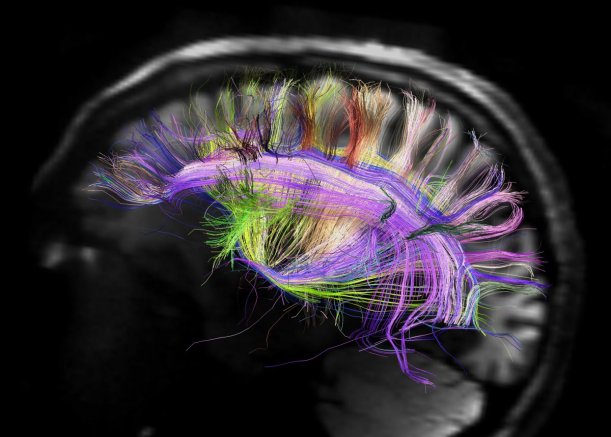A persons personality can be described as a collage of habits which the person expresses. We are our habits and our habits make us. The more good habits we have, the better people we tend to be. Bad habits, which are negative behaviour patterns, however, hold us back from reaching our full potentials. Bad habits, as we know, are detrimental to our well-being; they affect us physically (e.g smoking and its adverse effects on the lungs) and mentally (habitual lying, See our previous post The importance of being honest ). You can conquer your bad habits of procrastination, overspending, smoking or even nail-biting and picking your nose, but first you have to assess the origin of such habits and circumstances that trigger them.
Some bad habits, such as smoking and overspending, often start when a person is under a lot of stress. Gratification is often used in such circumstances to take our minds off the stressor. This may not sound so bad initially, but this is how most bad habits begin. The reason being that when we gratify ourselves, the pleasure we feel is initiated by the release of dopamine from from the limbic system to the pleasure centers of our brain. Behaviours that trigger this release are then more readily reinforced as we naturally enjoy pleasure. The problem is it is more difficult to be moderate which such behaviours and they soon interfere with our lives and become bad habits.
Most of the time, bad habits tend to ease the ‘here and now’ and provide immediate satisfaction, not thoroughly thinking of the future consequences or effect they’d have on us. This is seen especially in procrastination, which most of us are often guilty of. So if you are serious about conquering your bad habits and you are ready to make a firm resolve, the following actions are necessary:
1. Increased Will power

You have to make a strong resolution that you are willing to stop whatever bad habit it is. You have to remind yourself of it’s adverse effects in your life and that you can indeed control this behaviour. This is something you do daily to increase your willpower and subjugate the habit. Remind yourself that you are in control of your actions and not vice versa. You can even write it down in a diary or somewhere you can see it each day as a reminder. Stop for a second now. Close your eyes, take a deep breath and tell yourself, “I am in control!”.
 2. Re-wire your brain
2. Re-wire your brain
Some say we are creatures of habits and this is due to the way our brains are wired. The more we do an action, the stronger the neural connections relating to that action. This is how practice makes perfect. However, this is also how we automatically or subconsciously find ourselves indulging in our bad habits, the neural connection is usually strong. An environment or situation, that your brain has associated with you carrying out a certain action, could even trigger bad habits. Therefore, you have to re-wire your brain. Associate healthier actions with environments or situations you used to associate with bad habits. This is something you have to do daily for about a month (some say between 21 and 28 days before a bad habit is broken) in order for new neural connections associated with the situation to be established.
3. Reflect

Take time out to reflect on your actions and how they affect your body and well-being. Reflect on who you are now as a person due to this bad habit. Understand that at this moment you’re doing fine without it. Imagine the future consequences of your bad habits. The anxiety caused by too much procrastination or the disappointment you’d feel when you realize your broke again due to overspending. Whatever situation you can relate with. Stay relaxed and imagine how you’d feel if you finally got rid of this bad habit. Experience the momentary joy. Realize when your body begins to crave for this bad habit and what alerts your senses to it. Once you are able to do this, you’d find that you begin to know the initial physical and mental signs that often lead to you indulging in this habit again and can make a conscious decision to stop before you begin to consider it. (For a full mindfulness meditation experience go to https://www.mobilehealthconsult.org/?page_id=1008)
4. Have a support group
Confide with your friends and family if you can and tell them about the difficulty your having is stopping this bad habit.  You’d find that some of your friends may be going through something similar or even the exact same problem. They may have other ways of dealing with bad habits that they could share with you. Meet with a group maybe once a week to share ideas and to find support. This is one of the most effective methods of conquering bad habits. Find people you can relate with and vice versa and help each other.
You’d find that some of your friends may be going through something similar or even the exact same problem. They may have other ways of dealing with bad habits that they could share with you. Meet with a group maybe once a week to share ideas and to find support. This is one of the most effective methods of conquering bad habits. Find people you can relate with and vice versa and help each other.
Moderation is key
Remember to do all things in moderation. Not too little and definitely not too much. Especially things that bring us pleasure. Discipline is very important if we want to prevent ourselves from bad habits. Be moderate.
If you try or you’ve sincerely tried all these and you persist in relasping, it is advised that you seek a psychotherapist as you may not just have a bad habit but an addiction.